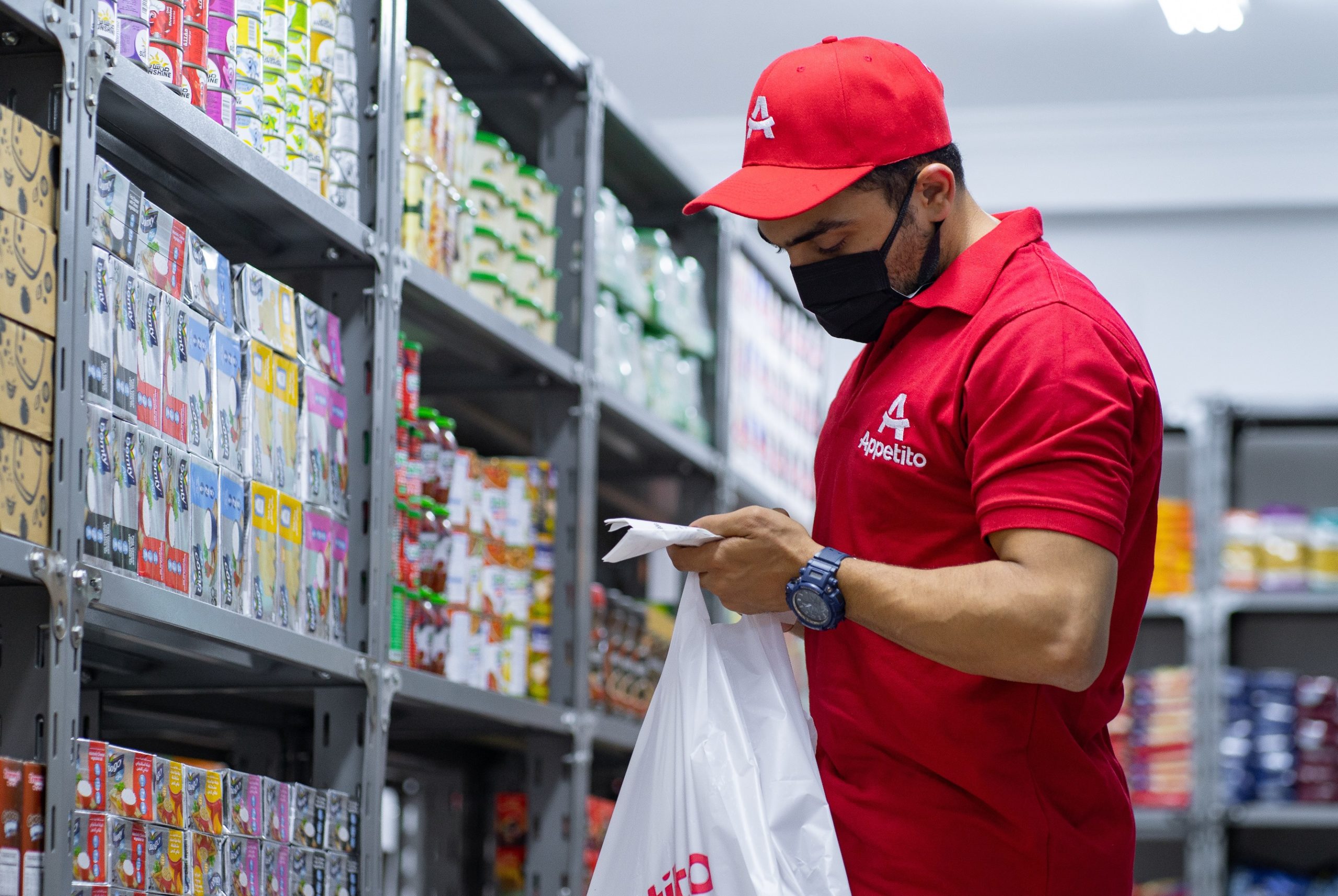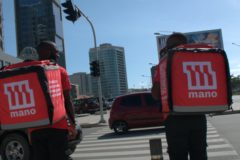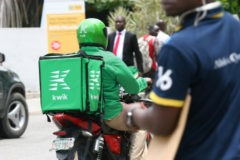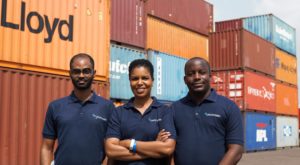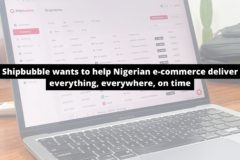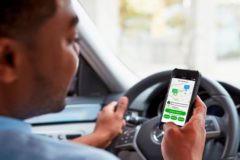Earlier this month, Uber launched its on-demand courier service, Uber Connect, in Nigeria to provide B2B and B2C deliveries in Lagos. The company claims the new service offers a cost-effective and contactless delivery solution for individuals and businesses.
Similar to its ride-hailing business, Uber Connect matches people that want to move goods from one place to the other with independent motorcycle owners, as long as they meet all of the conditions required to operate a delivery business.
Uber Connect users can send parcels of varying products such as pharmaceuticals, food, or cosmetics. However, goods such as alcohol, recreational drugs, firearms, or other forms of dangerous and illegal items are prohibited. Goods valued at more than ₦50,000 are also not allowed.
For now, the service delivery will depend heavily on motorbikes in Nigeria similar to other markets in sub-Saharan Africa such as Kenya and Uganda. In Ghana and South Africa, the service is offered by four-wheelers.
The decision to use bikes in Nigeria is to avoid traffic congestion in Lagos—the country’s smallest state by size but home to the largest share of the population—and ensure quick deliveries.
“We’re using two-wheelers just because of the peculiar nature of Lagos—the issue of traffic congestion,” Tope Akinwumi, who joined Uber Nigeria as Country Manager in February, explained to TechCabal. “In other countries, UberConnect uses cars, but Lagos is different.”
The challenges of fast delivery in Lagos are formidable. According to the Danne Institute of Research, commuters lose millions of hours to traffic congestion in Lagos every day.
Competition in mobile delivery services
Expanding Connect into Nigeria is Uber’s attempt to tap into Nigeria’s growing e-commerce and last-mile delivery sector.
Since the outbreak of the coronavirus pandemic, there has been a surge in the use of on-demand services including deliveries.
But driving the adoption of Uber Connect won’t be without competition as a number of startups and companies already play in the Lagos mobile delivery services space.
E-commerce giant, Jumia, also recently opened its delivery service to third parties, allowing businesses not listed on its platform to use Jumia logistics to fulfil their orders.
Uber will be banking on the loyalty of its existing base of ride-hailing customers. But beyond that, Akinwumi explains that Uber Connect offers features that make the service stand out among its competitors.
For instance, Uber Connect users can monitor trip status and share tracking details with as many as five people, including the recipient of the parcel. “Most of the other delivery companies don’t offer such visibility over the goods while in transit,” the country manager said.
Akinwumi also believes pricing is competitive enough to attract and retain customers. He explains that charges are based on distance, not time, and parcels can be delivered for as low as ₦700 ($1.71). “At that price point, we’re super competitive.”
In addition, Uber Connect leverages the capabilities of Uber’s ride-hailing platform to offer users and drivers a complete suite of services, from navigating to destinations using maps to making in-app payments.
“The benefits of Uber’s technology platform extend beyond the actual ride-sharing abilities of Uber,” Akinwumi said. “With them, users can efficiently send parcels and goods from one place to another in the country.”
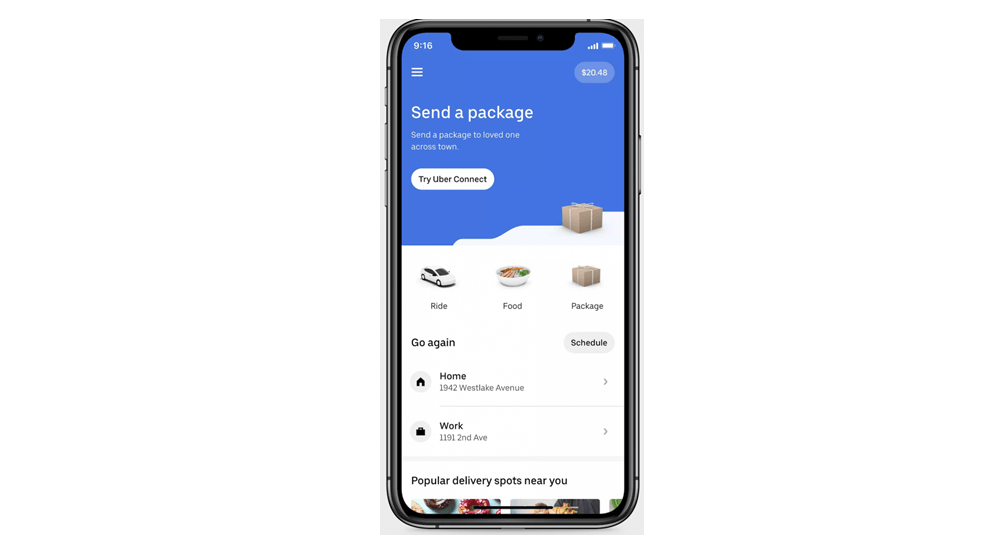
Akinwumi sees Uber Connect as an enabler of e-commerce in Nigeria. “Logistics infrastructure is a huge pillar for any e-commerce,” he said.
For now, Uber Connect is available only in Lagos. In the medium to long term, the company plans to expand the service into other cities in Nigeria. “Our mission is to be everywhere,” he said.
Uber Connect’s delivery fleet and partners are “growing every day” and the company has the “right number of couriers” to serve the whole of Lagos, according to Akinwumi.
The launch of Uber Connect on cars is also a possibility at some point, he says, adding that the company is “open to all possibilities”.
If you enjoyed reading this article, please share it in your WhatsApp groups and Telegram channels.














